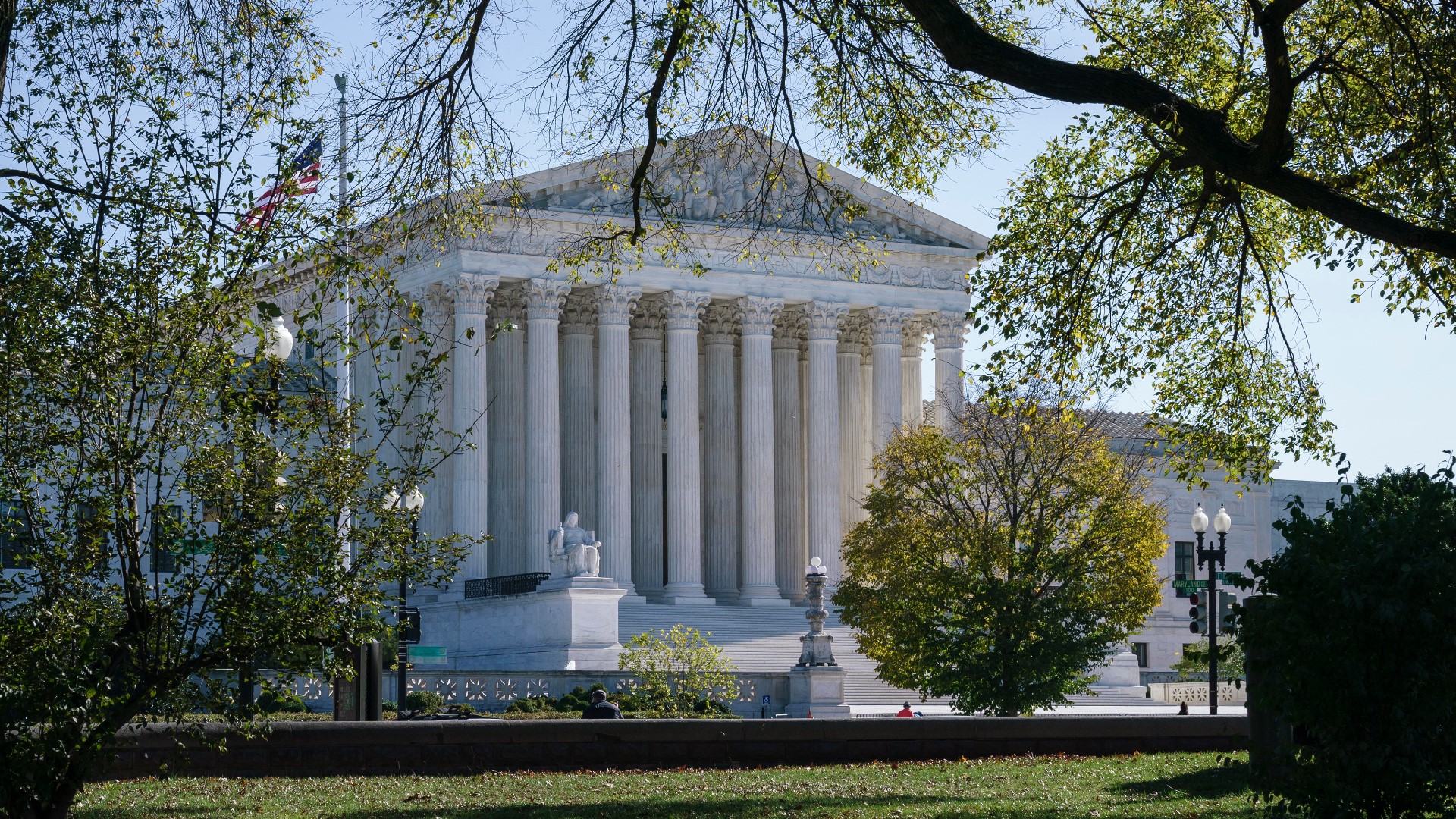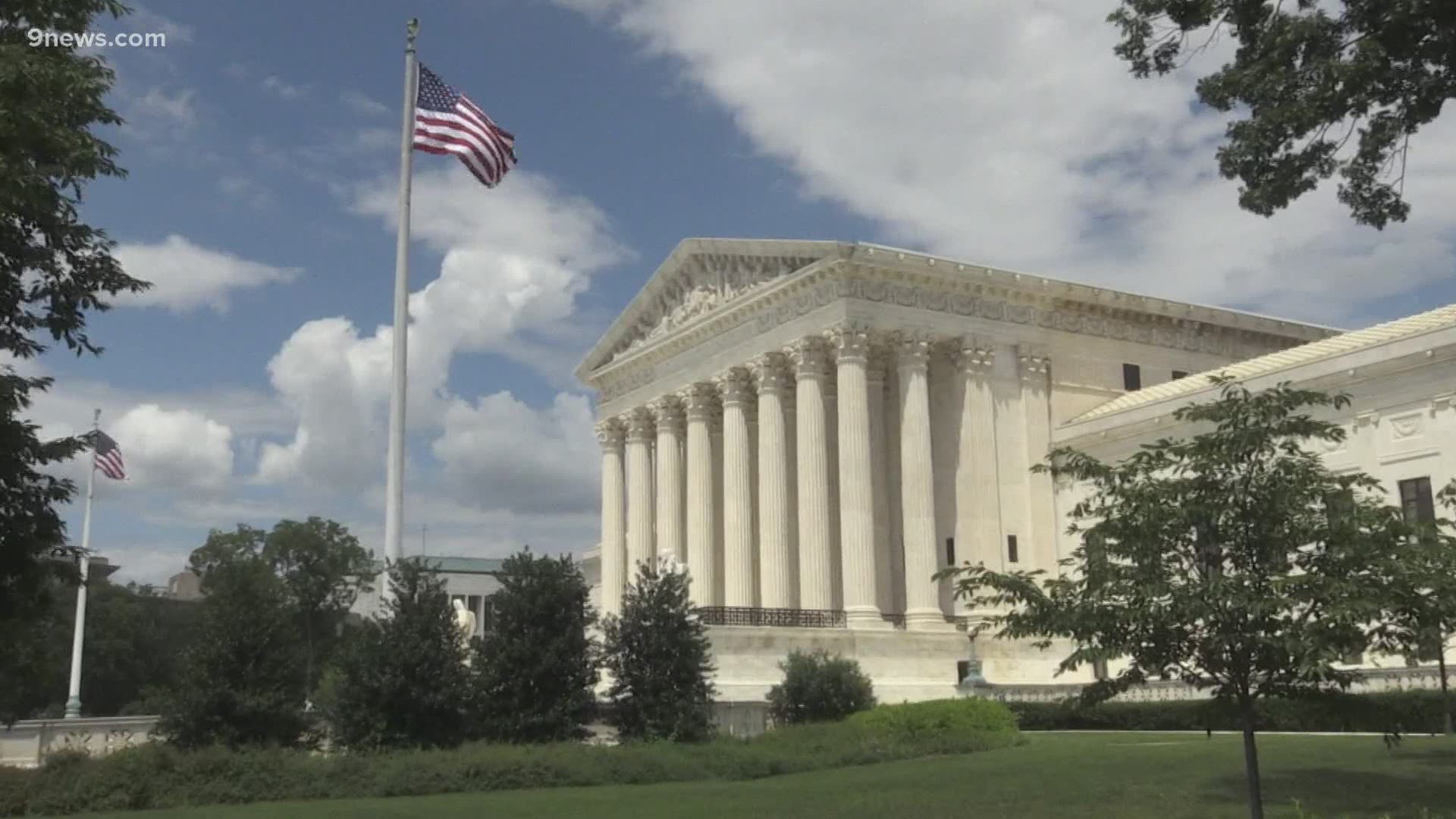DENVER — It's open enrollment time for health insurance.
At the same time you're making your 2021 health insurance selections, the United States Supreme Court heard oral arguments on the fate of the Affordable Care Act.
Eighteen states with Republican attorneys general or governors are suing over the individual mandate, arguing that not only should it be deemed unconstitutional, but the entire Affordable Care Act.
The individual mandate a person to get health coverage or pay an income tax penalty.
In 2017, Congress removed the penalty effective in January 2019.
The challenge of the Affordable Care Act is that the mandate, even without a penalty, violates the Constitution, and as such, the entire Act should be tossed.
Questions asked by conservative Chief Justice John Roberts and Justice Brett Kavanagh made it sound like they're inclined to rule on the mandate while leaving the remainder of the Affordable Care Act in place.
"It's a way that courts routinely uphold entire bodies of law and just strike out offending portions," said Jessica Smith, a constitutional law attorney in Denver. "Based on the way the oral arguments went today, I think it's unlikely that the Supreme Court invalidates the entire Affordable Care Act and that folks are left without health insurance."
Here's how the Affordable Care Act impacts Colorado.
Currently, nearly 159,000 people get their insurance through Connect for Health Colorado, the individual marketplace. In 2019, the federal government provided $721 million in subsidies to help those afford coverage.
There are 452,000 Coloradans who are now enrolled in Medicaid due to the expansion allowed through the Affordable Care Act.
The federal government provides a 90% match, totaling nearly $2 billion dollars.
If the Affordable Care Act were deemed unconstitutional, Colorado would have to find $2 billion elsewhere to continue to provide the same coverage.
"Medicaid can only do what it is statutorily authorized to do. It can only provide coverage for people that their enabling statute allows," said Smith. "If the Affordable Care Act is entirely struck down, then Medicaid's ability to pay for that is gone."
If the Supreme Court got rid of the individual mandate but left the remainder of the law in place, nothing would change for Coloradans seeking insurance through the Affordable Care Act.
If it was deemed unconstitutional, it would happen soon after the ruling is made.
"I don't think it would happen overnight, mostly because nothing in our government happens that quickly. But you'll see the government having to respond," said Smith.
The Supreme Court heard oral arguments in Colorado's faithless electors case in May, and released a ruling in July. The Affordable Care Act ruling is expected next year.
SUGGESTED VIDEOS: Full Episodes of Next with Kyle Clark


